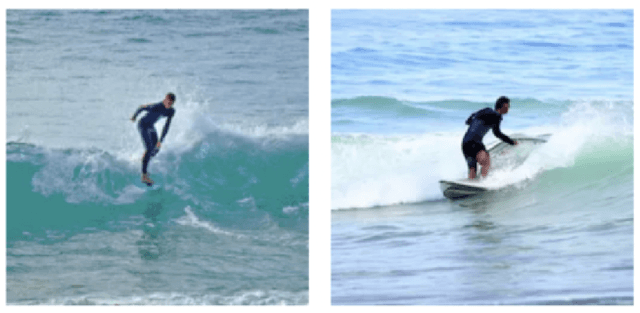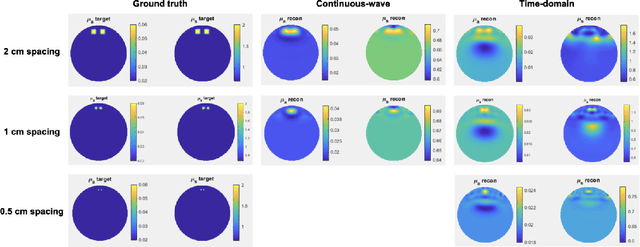Grace Jiang
McGill University
LASSE: Learning Active Sampling for Storm Tide Extremes in Non-Stationary Climate Regimes
Jan 06, 2025Abstract:Identifying tropical cyclones that generate destructive storm tides for risk assessment, such as from large downscaled storm catalogs for climate studies, is often intractable because it entails many expensive Monte Carlo hydrodynamic simulations. Here, we show that surrogate models are promising from accuracy, recall, and precision perspectives, and they "generalize" to novel climate scenarios. We then present an informative online learning approach to rapidly search for extreme storm tide-producing cyclones using only a few hydrodynamic simulations. Starting from a minimal subset of TCs with detailed storm tide hydrodynamic simulations, a surrogate model selects informative data to retrain online and iteratively improves its predictions of damaging TCs. Results on an extensive catalog of downscaled TCs indicate 100% precision in retrieving rare destructive storms using less than 20% of the simulations as training. The informative sampling approach is efficient, scalable to large storm catalogs, and generalizable to climate scenarios.
Progress Towards Decoding Visual Imagery via fNIRS
Jun 11, 2024



Abstract:We demonstrate the possibility of reconstructing images from fNIRS brain activity and start building a prototype to match the required specs. By training an image reconstruction model on downsampled fMRI data, we discovered that cm-scale spatial resolution is sufficient for image generation. We obtained 71% retrieval accuracy with 1-cm resolution, compared to 93% on the full-resolution fMRI, and 20% with 2-cm resolution. With simulations and high-density tomography, we found that time-domain fNIRS can achieve 1-cm resolution, compared to 2-cm resolution for continuous-wave fNIRS. Lastly, we share designs for a prototype time-domain fNIRS device, consisting of a laser driver, a single photon detector, and a time-to-digital converter system.
 Add to Chrome
Add to Chrome Add to Firefox
Add to Firefox Add to Edge
Add to Edge